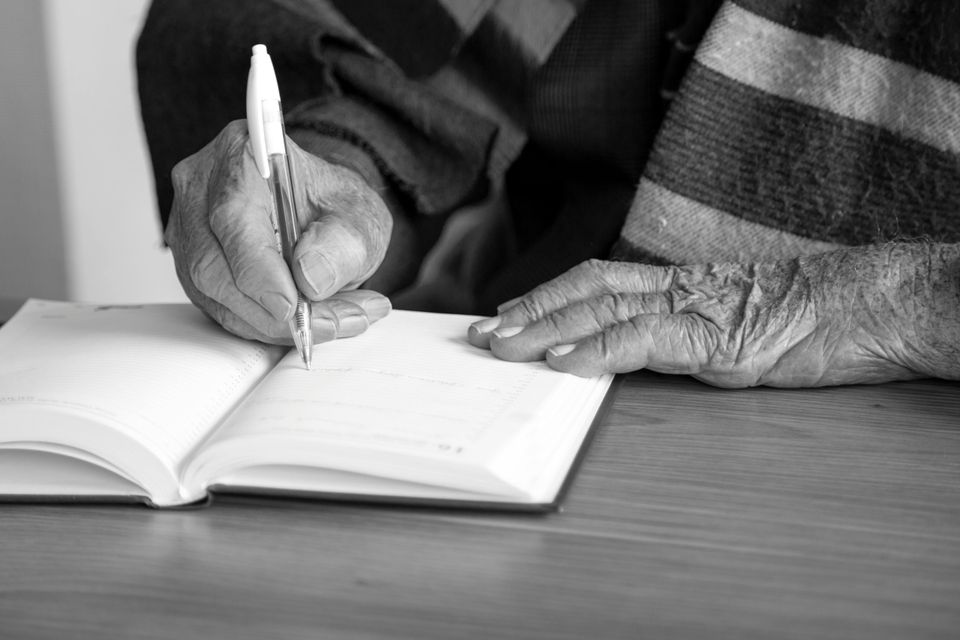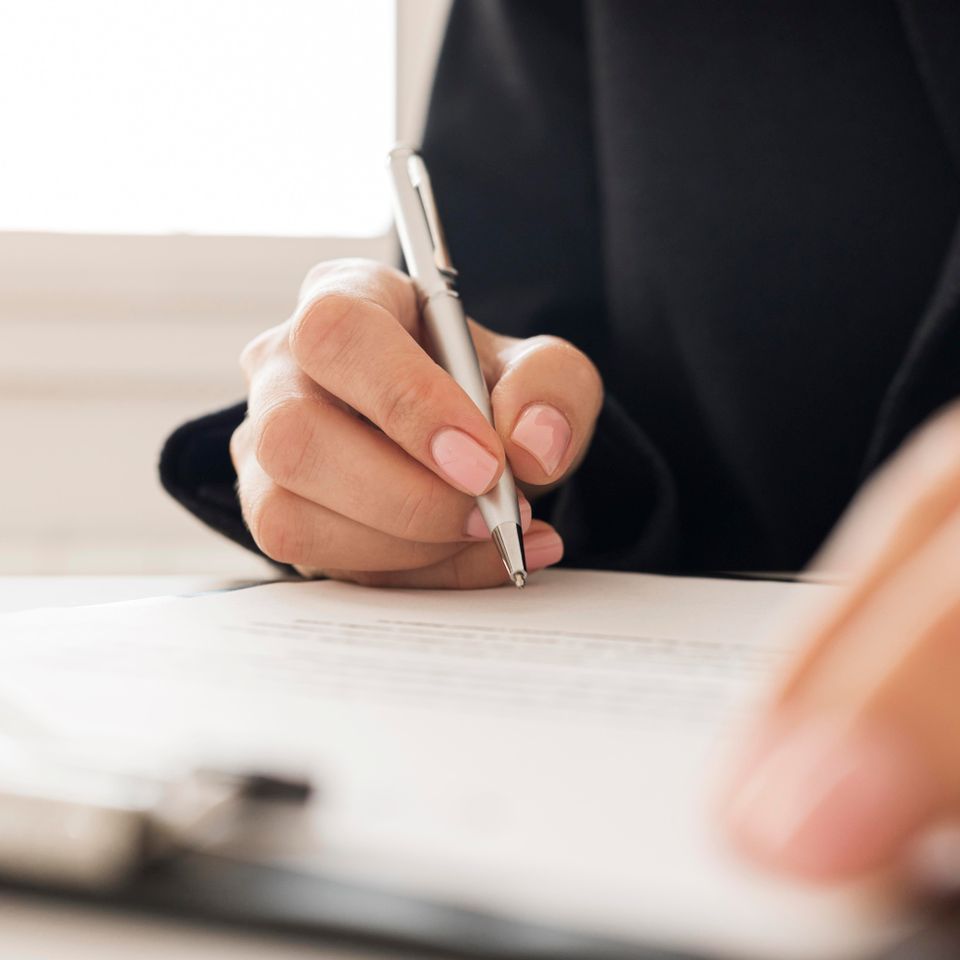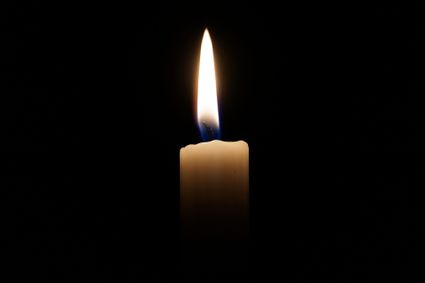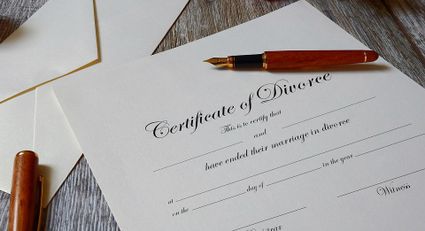What is a Will?
A will is a legal document that outlines what should happen to your assets and belongings after you pass away. If you don’t have a will, Dutch inheritance law (intestate succession) will automatically apply. This can lead to unexpected outcomes especially if you have a non-traditional family structure, own property, or have children from a previous relationship.
If you're an international living in the Netherlands, it's also possible to have the inheritance law of your home country applied instead. To do this, you’ll need to include a choice-of-law clause in your will, clearly stating which national law should govern your estate. A Dutch notary can help you make sure this is done properly and in line with EU regulations.
For more detailed and extensive information, you can consult this document from one of our partners.
Cohabiting and Will
Suppose that at some time in the past you moved in to live with a partner in a home that was already in their name. Under the law of succession, you and your partner are not each other’s heirs. If your partner dies, the house you share will then pass to their family, for example. If you want to be able to inherit from each other, you can arrange this in a will.
Read more about this.
Dutch and Foreign Will
First things first, you don’t have to have a Dutch Will if you have one that corresponds to the law in the country it was made.
However, if you are a foreign resident and you haven’t stipulated in your will that you want your estate to be handled according to the laws of your country of nationality, Dutch inheritance laws apply.
Types of Dutch Wills
Holographic Will
The testator (person who writes the will) writes this will by hand and signs it. If another person writes it up, the testator signs each page. The document must then be deposited with a civil law notary who certifies the deposit of the will.
Notarial Will
The testator dictates his/her will to a notary, who ensures the will complies with Dutch standards. The notarial is then registered with the Central Register of Wills on the first following working day. For expert support, you can contact our partner De Clercq Lawyers and Notary.
It is possible to change a will at any time and it’s also permissible to have two wills: a Dutch will and one drawn up in your home country. This is possible as long as one doesn’t accidentally revoke or negate the other. It is best to consult a lawyer first if you are thinking of doing this.
The process of making a Notarial Will
Make an appointment with your notary.
You will discuss your situation and your wishes.
The notary advises you on the consequences of your wishes and translates them into legal provisions.
After the meeting, you will receive the provisional version of your will at home.
Make a second appointment to have the deed executed.
After the notary has checked that you understand the consequences of your will, you will both sign. Your will is now official.
The notary then registers your will in the Central Register of Wills. You’ll receive a copy for your records, while the original is securely stored by the notary.
Your will only takes effect upon your death. Until then, it can be updated or changed if needed.
Certain possessions (such as clothing, jewellery, books, and household objects) can be bequeathed by a separate codicil of will, which is a handwritten and signed document. If war or civil war is ongoing, an officer of the armed forces serves as witnesses for emergency wills. The Netherlands does not recognize joint wills.
Find more information in Dutch.
- family name and first name(s) of the testator
- date and place of birth of the testator
- address of the testator
- type of will
- date of the will
- date of registration of the will
- name and address of the depository public authority
A will can be drawn up only by notarial deed or by handwritten private deed handed over to a notary for safekeeping. A will made by two or more testators is not accepted.
If you wish to know if someone has a will in the Netherlands, you can use this website to find out if they have one.



